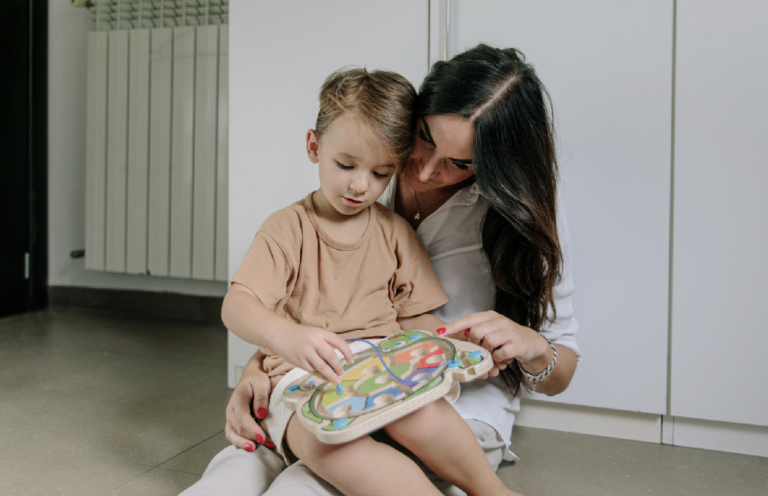Making an appointment to see a family lawyer can be a daunting step for those who have just separated. It can be seen as an admission that the relationship is indeed over or that things are suddenly going to become far more serious now that lawyers are involved.
This is not the case, and we are often contacted by people who are contemplating separation or simply want to know what their options are after their relationship has ended.
This article aims to demystify some of the myths about seeking advice from a family lawyer and to offer tips to make your initial consultation go smoothly.
An initial consultation is a one-off appointment for legal advice
We will not contact your ex-partner or the other party unless you expressly instruct us to do so.
Your initial consultation is an opportunity for you to speak one on one to a family lawyer to seek legal advice and ask questions about how the law applies to your personal circumstances. At the end of your consultation, you should know exactly what your options are moving forward in your family law matter and what the anticipated costs are of pursuing those options.
In circumstances where parties are on good terms, we find that our clients often take our advice away and start negotiations privately with their ex-partner. Upon completing those negotiations privately, those clients then return to us with an informal agreement which we can then convert into a binding legal agreement.
How to prepare for your initial consultation
In parenting matters, it is often a great idea to write down a list of your questions for your lawyer. Some common questions we receive from clients are: “When does a child get to decide where they live” or “How does the law decide how much time a child spends with each parent”. Specific questions that you have prepared beforehand can greatly assist your family lawyer and make sure that you do not forget anything at the appointment.
In property matters, much of your appointment can often be spent gathering information about you and your partners’ assets and liabilities. Bringing along documents such as market appraisals for a property, copies of mortgage statements, your latest superannuation statement, and trust deeds can greatly assist your lawyer. Clients who bring these documents along can then look forward to receiving advice about potential settlement options sooner rather than later.
To speak to one of our Family Law Solicitors to find out if Mediation or Collaborative Practice is right for you and your situation, contact the team here.


